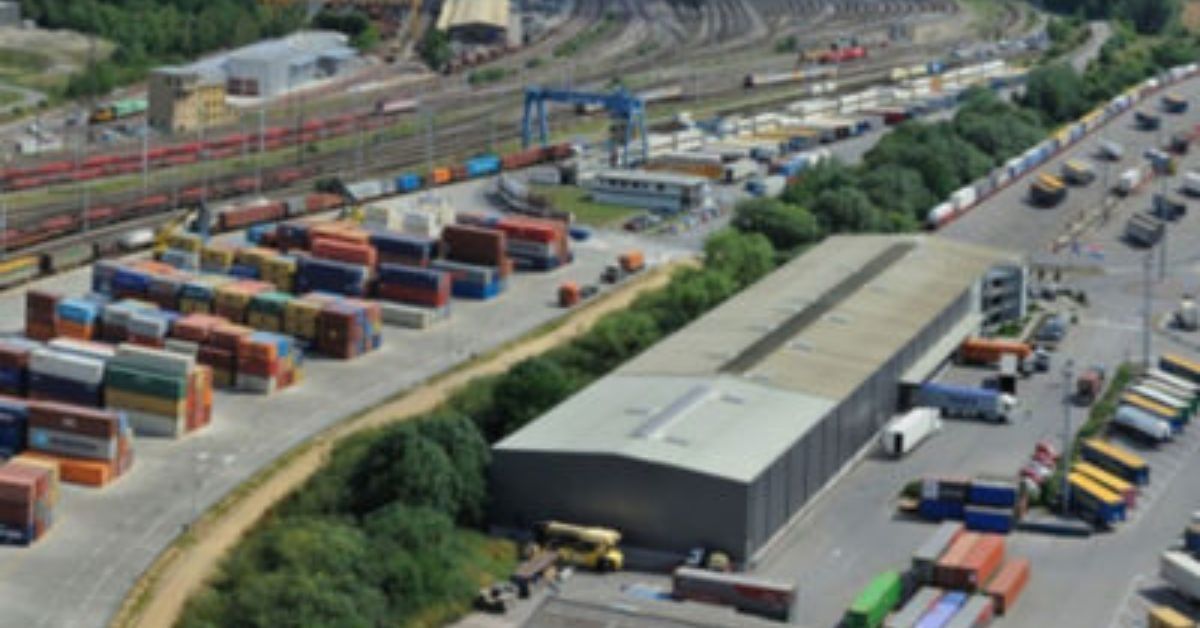- 55% respondents have made official announcements of their ‘Net Positive’ goal
- 75% of the respondents either don’t have data or are not aware about the status of the data related to carbon emissions interest~
Mahindra Logistics Ltd. (MLL), one of India’s largest Integrated Logistics service providers in association with Confederation of Indian Industry (CII) Institute of Logistics (CII-IL) has revealed findings from their exclusive study “Decarbonizing Indian Supply Chain”. This Whitepaper highlights the top priorities from the boardroom and the key challenges faced by the industry in the journey towards sustainability. One of the challenges the study highlights is companies having lack of data to quantify the progress with only a quarter (25%) respondents admitting to have data to show that their organization eliminates more carbon than it produces. The research study was conducted through primary research, interviewing C-Suite Professionals from top notch organizations having big supply chains across sectors to identify the priorities and opportunities.
The survey throws light upon company’s journey to be ‘Net Positive’ wherein the research study revealed more than 50% respondents are targeting to be ‘Net Positive’ between 2030 and 2050. Similarly, the study states that reduction in carbon emissions and offsetting are seen as approaches to achieve ‘Net Positive’ while 37% of respondents are yet to define it. Additionally, the study found that letting the public know the ‘Net Positive’ goal is an essential step towards owning the target with more than half (55%) of respondents already making it public.
The survey also revealed that the companies are encouraging development with more than half (57%) of respondents already undertaken specific initiatives in order to cut down on carbon emissions in logistics. Similarly, engaging start-ups can certainly accelerate the effort towards sustainability with less than a quarter (23%) of the respondents progressing in this direction.
Furthermore, the survey reveals that water management, renewable energy, full circularity and renewably sourced materials are the top initiatives of the organizations towards sustainability whereas optimizing distribution network, switching to renewable energy, deploying electric vehicles are the top approaches towards achieving green supply chain.







